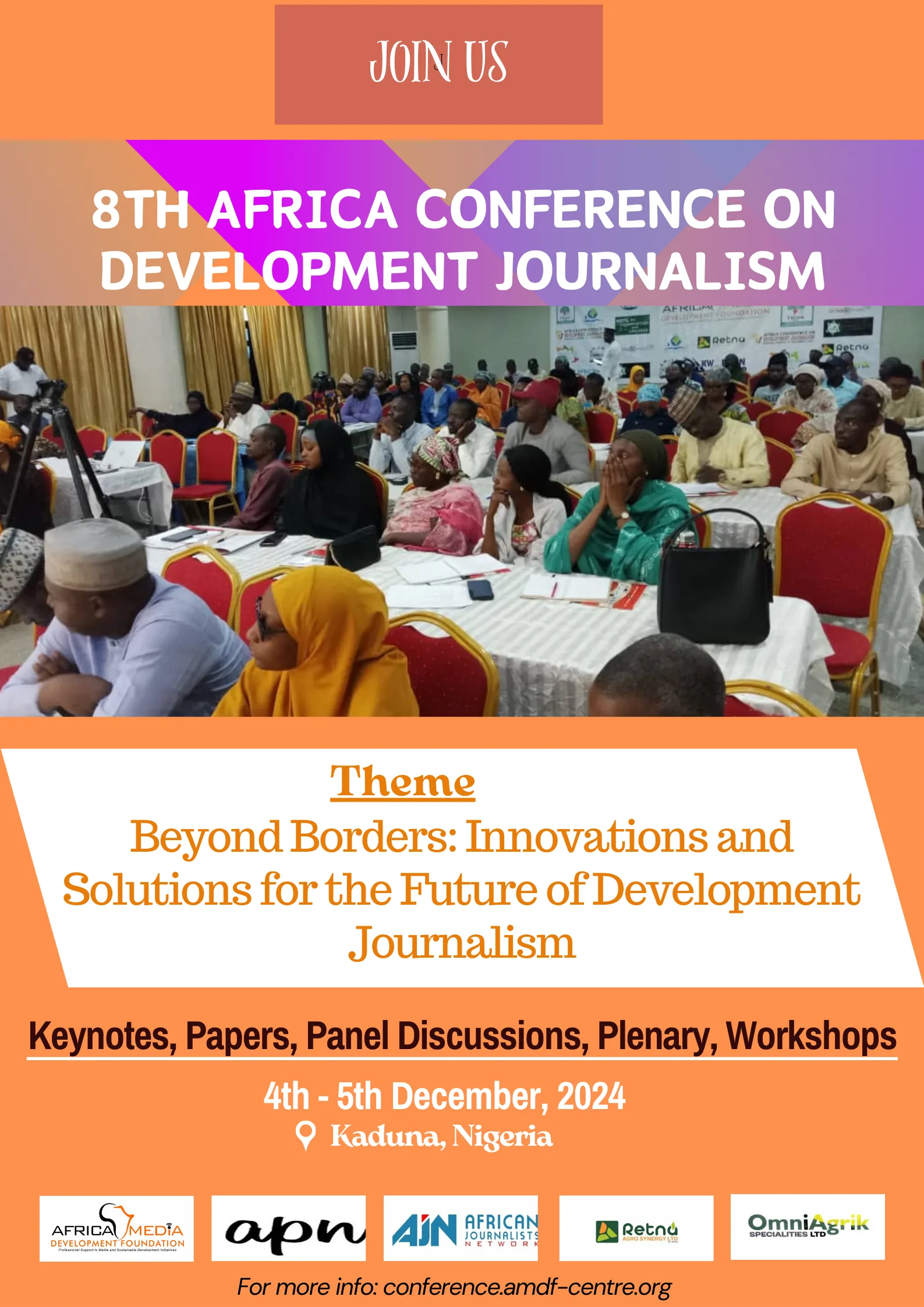With several countries across the globe consumed with combatting the COVID-19 pandemic, the World Health Organisation (WHO) has called on them to maintain immunisation services to prevent other deadly outbreaks.
WHO warns that shutting down immunisation services in the COVID-19 pandemic risks triggering a resurgence of diseases that can be prevented with safe and effective vaccines. The warning comes as 24 – 30 April marks World Immunisation Week.
“Disease outbreaks must not remain a threat when we have safe and effective vaccines to protect us. While the world strives to develop a new vaccine for COVID-19 at record speed, we must not risk losing the fight to protect everyone, everywhere against vaccine-preventable diseases.
“These diseases will come roaring back if we do not vaccinate,” said WHO Director-General, Dr Tedros Adhanom Ghebreyesus.
When immunisation services are disrupted, even for brief periods during emergencies, the risk of vaccine-preventable disease outbreaks, such as measles and polio, increase.
Last year’s deadly measles outbreak in the Democratic Republic of the Congo — which claimed more than 6 000 lives in a country already facing its largest Ebola outbreak — highlights the importance of maintaining essential health services, such as immunisation in times of emergency.
Further disease outbreaks will also overwhelm health systems already battling the impacts of COVID-19.
“WHO is working with partners all over the world to accelerate research and the development of a safe and effective vaccine, and ensure equitable access for the billions of people who will need it.
“But even with an expedited process, development of a vaccine for COVID-19 will take time. Precautionary measures are essential now to help keep us safe from disease, including diseases for which vaccines already protect children and adults,” said WHO.
Maintaining immunisation services
As the response to COVID-19 continues, WHO urged countries to act now to protect immunisation services, in order to further minimise disease outbreaks and loss of life.
This includes facilitating urgent catch-up programmes in places where services have been disrupted, ensuring strong supply chains, disease surveillance and trained health workers. Caregivers should also make sure they continue to vaccinate their children in line with national policies.
New WHO guidelines on immunisation and COVID-19 recommend that governments temporarily pause preventive immunisation campaigns where there is no active outbreak of a vaccine-preventable disease.
However, it urges countries to prioritise the continuation of routine immunisation of children, as well as adult vaccinations, such as influenza, for groups most at risk.
If immunisation services must be suspended, urgent catch-up vaccinations should be rescheduled as soon as possible, prioritising those most at risk
